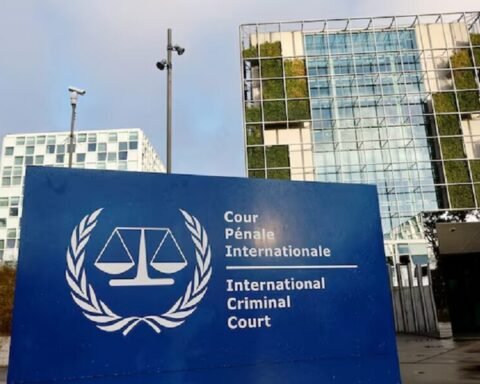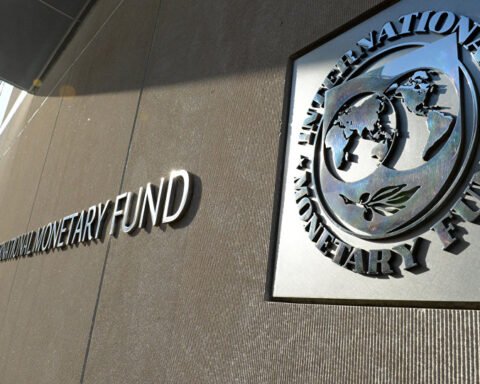Mozambique’s Constitution promises that sovereignty rests with the people, giving citizens the right to influence their government through elections, referendums, and other democratic processes.
Article 2 of the Constitution states, “Sovereignty resides in the people. The Mozambican people exercise sovereignty in the manner laid down in the Constitution.” In theory, this should guarantee a fair process where the will of the people is respected.
But following the October 9 general election, there are growing concerns about whether this sovereignty was truly upheld. Election observers, including a large team from the European Union (EU), raised alarms over irregularities during the election count. They highlighted “unjustified alteration of election results” at polling stations and district levels, which have raised serious questions about the credibility of the election.
The International Republican Institute (IRI) also expressed similar concerns, pointing out that “widespread irregularities” marred the election and cast doubt on its legitimacy. These observations have led to widespread skepticism about whether the election truly reflected the will of the people.
Two weeks after the polls, the National Electoral Commission (CNE) declared Daniel Chapo, the candidate from the ruling Frelimo party, as the winner, with 71 percent of the vote. Frelimo also won 195 out of 250 seats in parliament. In contrast, independent candidate Venâncio Mondlane, who had claimed victory the day after the election, was reported to have received only 20 percent of the vote.
Also Read; Tanzania Disburses Sh20.8 Billion to Maize Farmers
Mondlane’s immediate claim to victory and the discrepancies between his figures and the official results have only deepened the doubts. His supporters continue to question the legitimacy of the official count, with many insisting that the election was rigged. The National Electoral Commission’s announcement of Chapo as the winner has not quelled these concerns, and some see it as an indication of a broken electoral system that does not reflect the people’s true wishes.
As Mozambique looks to the future, these concerns about the integrity of the election are not easily dismissed. With irregularities casting a shadow over the entire process, it remains uncertain whether the people’s sovereignty was truly respected in this election. While the constitution guarantees citizens the right to participate in fair elections, the ongoing doubts raise questions about the health of Mozambique’s democratic system.
The government now faces the challenge of restoring faith in the electoral process. What steps will be taken to address these concerns, and how will they reassure the public that their voices are being heard? For many, this election has left more questions than answers about the state of democracy in Mozambique, and the answers will shape the country’s future.






